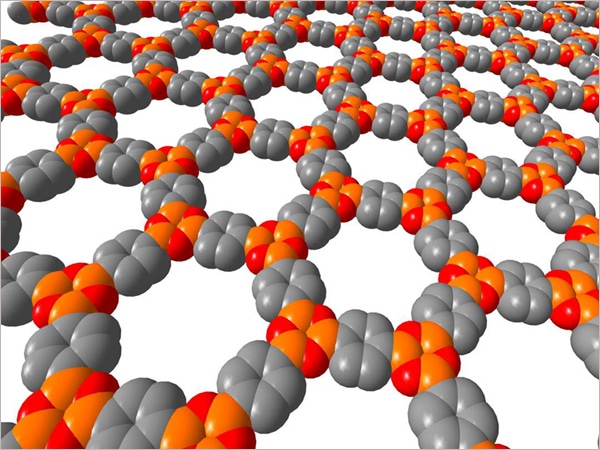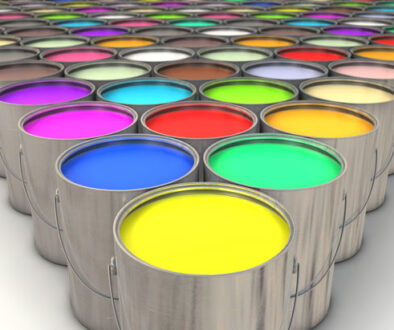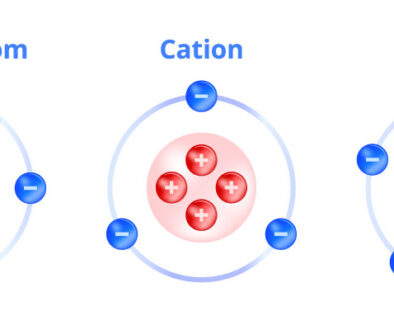The Many Applications Of Polymers

Polymers may sound like a very industry specific thing, and to some degree they are, but they are actually a pretty big part of a lot of industries you may indeed recognize. Polymer testing and consultancy for plastic has applications in such industries as aerospace, automotive, electronics, packaging and medical devices. Polymers are incredibly diverse elements that represent such fields of engineering from avionics through biomedical applications, drug delivery system, biosensor devices, tissue engineering, cosmetics etc. the application of polymers and their subsequent composites is still advancing and increasing quickly due to their ease regarding manufacturing. When considering a polymer application, you will want to understand how the material behaves over time so you can assess its real value. It is important to understand that polymeric materials may include: raw materials, polymer compounds, foams, structural adhesives and composites, fillers, fibres, films, membranes, emulsions, coatings, rubbers, sealing materials, adhesive resins, solvents, inks and pigments. Keep in mind that these are some of the industries in which you would see the use and application of various polymeric materials and polymers themselves:
- In aircraft, aerospace, and sports equipment
- 3D printing plastics
- Biopolymers in molecular recognition
- Polymers in holography
- Organic polymers used in water purification
- Printed circuit board substrates
- Green Chemicals: Polymers and Biopolymers
- Polymeric Biomolecules
- Renewable Biomass operations
- Polymers that are used in operation of bulletproof vests and fire-resistant jackets
- Monomeric Units
To understand what these industries have in common, it may be good to go back to some basic knowledge. This includes- what a polymer is in the first place. Polymers are large molecules that are comprised of thousands or in some cases millions of atoms which are bonded in a pattern that repeats itself. You can imagine the structure of a polymer by simply imagining the image of a chain. The atoms are bonded together as the links in a chain are. In this way, they create a polymer chain. The molecular links in the polymer chain are often referred to as what are repeat units. They are formed by what are called monomers. Again, the structure of the repeat unit may vary widely. So what does it depend on? Well, it depends on the various raw materials that may comprise a polymer. Polyethylene is an example of a material that is used to create polymers as it is used to create a wide variety of plastic bags and containers.
No matter what industry your polymers are needed for, you can make sure you are getting the highest quality of (acrylic) polymers with Gellner Industrial. Gellner Industrial, LLC is the premier manufacturer of water based acrylic polymers, bringing over a quarter century of industry experience to our client base. Our vast product knowledge and specialized manufacturing processes ensure complete product conformance and quality assurance.


